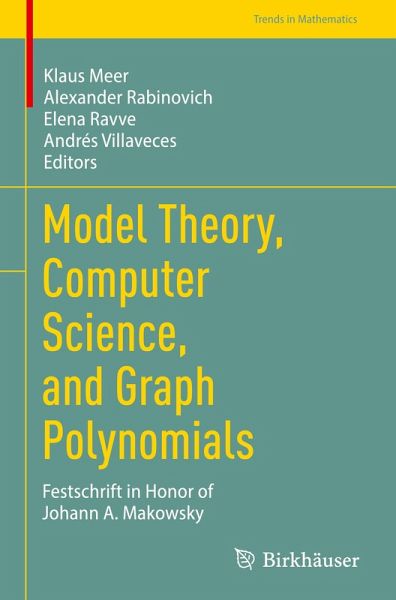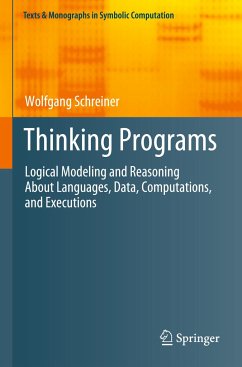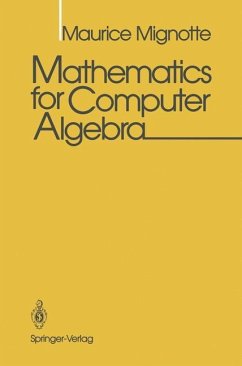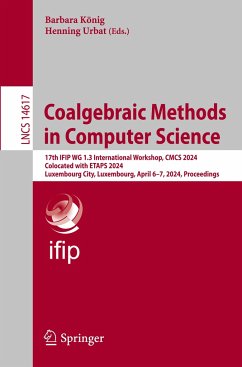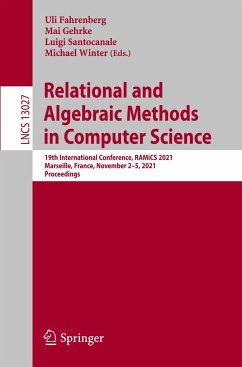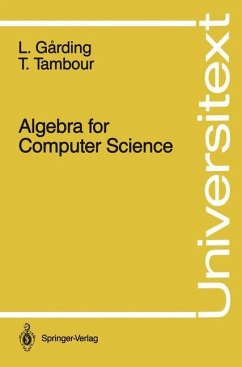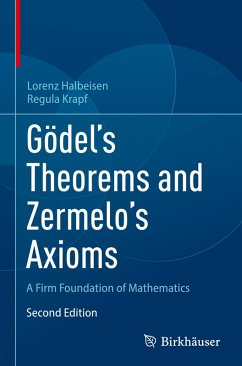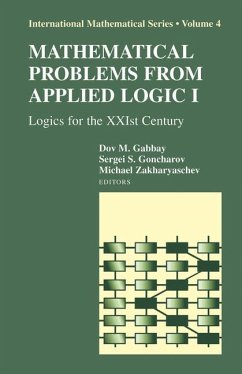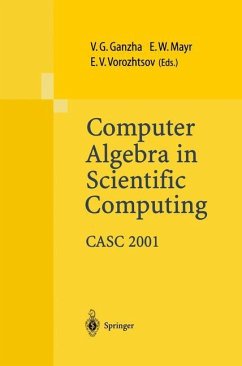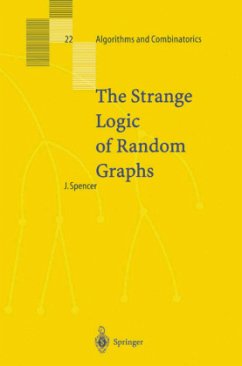Klaus Meer studied mathematics and received a Diploma, a Dr.rer.nat. and the Habilitation Degree from RWTH Aachen. After various research and temporary positions, including longer stays at CRM Barcelona, Université de Mons-Hainaut, MSRI Berkeley, Universidad de Chile in Santiago, and TU Chemnitz, in year 2000 he joined the IMADA Department at the University of Southern Denmark in Odense as Associate Professor. Further longer research stays led him to the University of Bonn and the ENS Lyon. In 2007 he was appointed full professor of Theoretical Computer Science at the TU Cottbus, now BTU Cottbus-Senftenberg. His main research interest is complexity theory with a focus on real number complexity. Since 2025 Meer is one of the Managing Editors of the journal ZML: Zeitschrift für Mathematische Logik und Grundlagen der Mathematik and since 2005 editor of the Journal of Complexity. Earlier, from 2011 until 2025 he was one of the Managing Editors of the journal Mathematical Logic Quarterly. Professor Alexander Rabinovich is a full professor at the School of Computer Science and AI at Tel-Aviv University, specializing in logic in computer science. He earned his BSc from the Technion, followed by an MSc and PhD in Computer Science from Tel Aviv University. His research focuses on the applications of logical methods in computer science, particularly in areas such as formal verification, automata, monadic second-order logic and temporal logics. He has more than 140 publications in renowned journals and conferences, and serves as an editor of Fundamenta Informaticae. Dr. Elena Ravve received her Bachelor degree in Russia in Applied Mathematics and Master and Doctor degrees from the Technion – Israel Institute of Technology, Computer Science department. Elena’s industrial experience includes different positions in the leading Hi-Tech companies in Israel: Freescale (Motorola Semiconductor), Intel, Tower-Jazz foundry. Elena has wide academic experience in Israel and abroad. Her research topics include but not limited to incremental, parallel and distributed computation and reasoning, graph polynomials, database theory, automated software and hardware design and verification. Today, Elena is working in Software Engineering department in one of the leading colleges in the North of Israel. Andrés Villaveces is a professor of mathematics at Universidad Nacional de Colombia in Bogotá. He has held visiting positions at Carnegie Mellon University (2002-2003), the University of Helsinki (2007) and the University of Turin (2021), in addition to a post-doctoral position at the Hebrew University of Jerusalem (1996-1997). He has a Ph.D. in Mathematics of the University of Wisconsin (Madison), and a Master’s Degree in Mathematics of Universidad de los Andes (Bogotá). He works at the confluence of Model Theory and other areas of mathematics (Set Theory, and more recently, Learning Theory, Arithmetic Geometry and Mathematical Physics). He has had research funding from MinCiencias (Colombia). He was the recipient of the Best Young Scientist Award, Academia Colombiana de Ciencias Exactas, Físicas y Naturales (ACCEFYN) and Third World Academy of Sciences (TWAS) in August 2000. His editorial work includes three invited volumes (one for the Swedish philosophy journal Theoria, the current volume and another volume for Revista Colombiana de Matemáticas and the volume Logic Without Borders (Ontos Verlag, 2015. ISBN 978-1614517726). He has supervised two completed doctoral theses, three in progress. Also, about 35 undergraduate and masters’ thesis, most of them in Mathematics, one in Philosophy. He is the author of two academic books (one with Jouko Väänänen) and 23 research papers.
